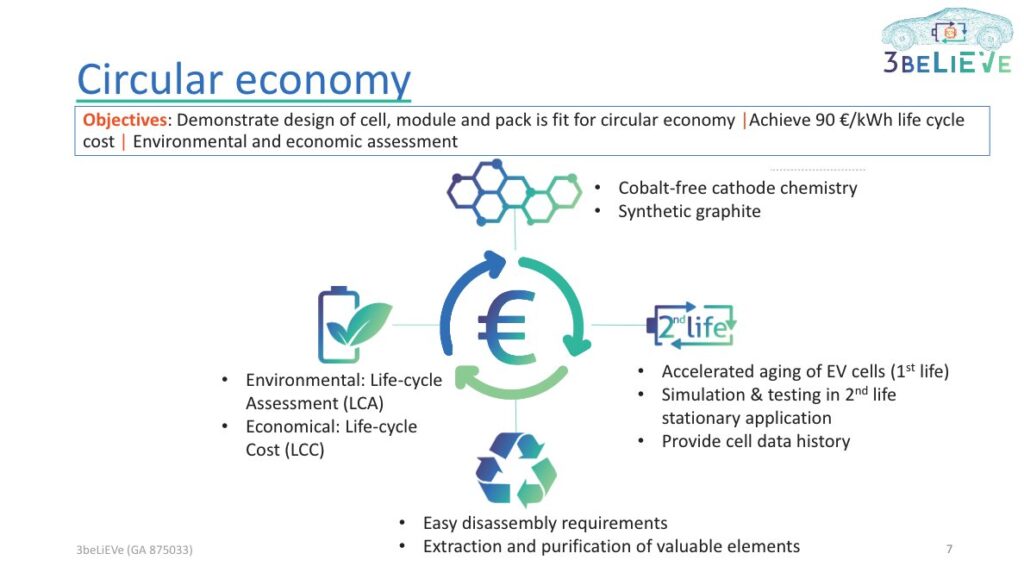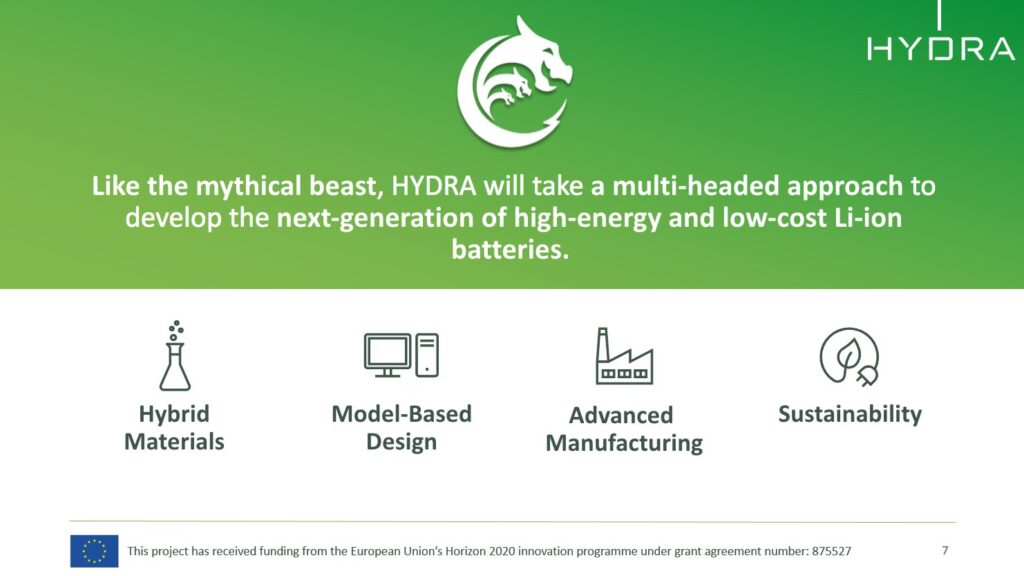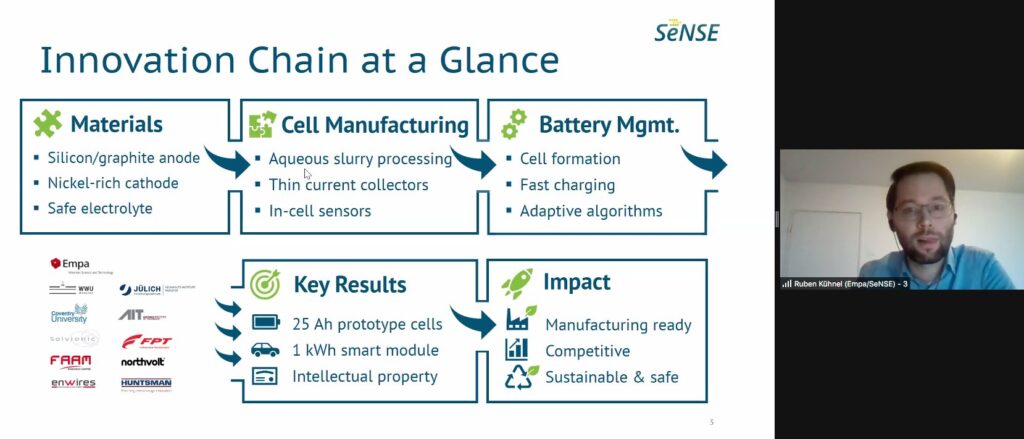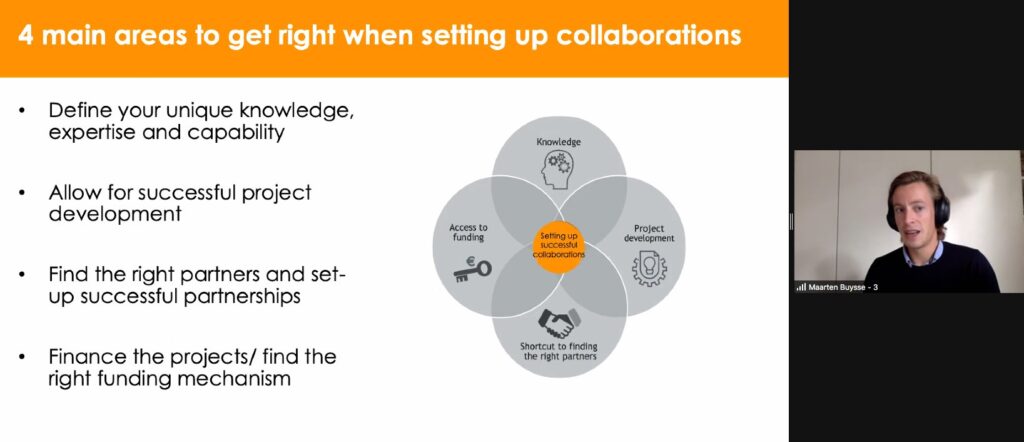COBRA teams up with MILLOR BATTERY to manufacture the first cobalt-free lithium-ion batteries in Europe
This article was originally published on millorbattery.com
The European consortium COBRA for the development of cobalt-free batteries has chosen the Spanish manufacturer MILLOR BATTERY for the production of its first cobalt-free batteries for electric cars.
The COBRA (CObalt-free Batteries for FutuRe Automotive Applications) consortium aims to develop a new lithium-ion battery technology free of cobalt. The project has been underway for a year and now that the first phase of development prototypes is addressed, the consortium has chosen MILLOR BATTERY for the manufacture of prototypes and the first batteries. They have opted for the spanish manufacturer for different criteria among which stand out their experience and knowledge in the design, development and production of batteries, both low and high voltage.
Thanks to the facilities that the company has located in Barcelona, and where the batteries marketed by the brand are already produced under the names flexiFIVEL and flexiEBUST, MILLOR BATTERY offers this consortium a technology, processes, quality and safety levels reference in the industry.
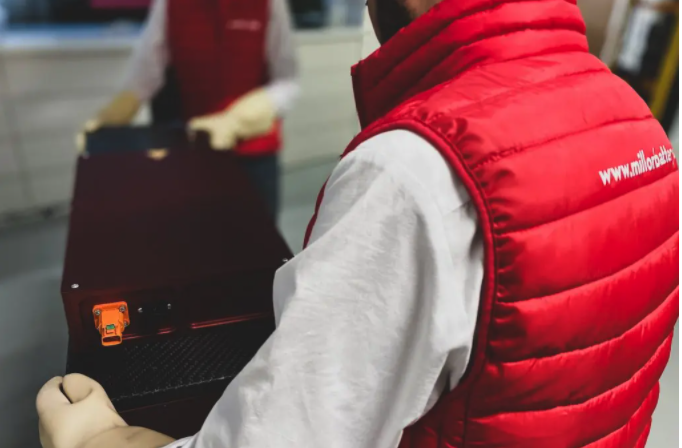
But why are these types of batteries so important and especially that they are cobalt-free?
Increasingly, electric mobility is present in the transport ecosystems of all European countries, and with it the electric batteries that drive all these vehicles.
It is true that, over the life of an electric vehicle, CO2 emissions can be reduced by about 50% compared to a similar combustion vehicle. However, these lithium batteries used today still have room for improvement and more considering the undeniable increase in number that these vehicles are experiencing in recent years.
That is why the European consortium COBRA and MILLOR BATTERY seek to achieve a significant reduction in the proportion of critical raw materials of batteries without compromising both energy and energy performance. Among these raw materials is cobalt, an expensive, scarce and not found in Europe. That is why an initiative like this becomes so important.
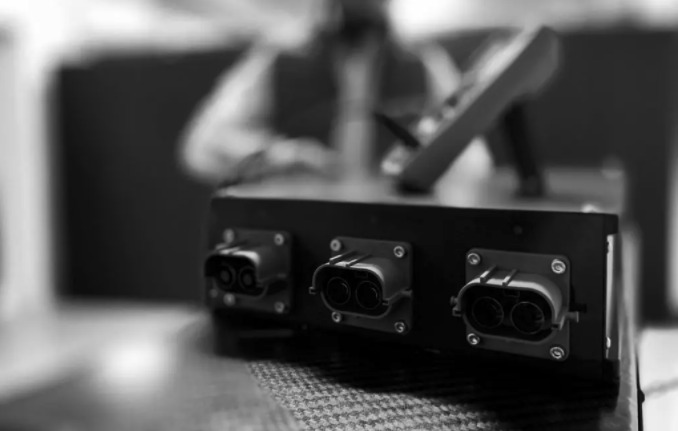
In this sense, MILLOR BATTERY considers that this initiative additionally offers an important starting point and generates synergies for products already on the market, both flexiEBUST and flexiFIVEL. These batteries will be able to take advantage of the knowledge derived from this collaboration by making them even more respectful of the environment and reducing the cost.
The first functional prototypes will be ready in early 2022 and the results of the project will be made public by the consortium by the end of 2023.
Among the companies that make up the COBRA consortium is the IREC (Institut de Recerca de l’Energia de Catalunya).
Baltasar López, founder and CEO of MILLOR BATTERY: “We are very proud that the COBRA consortium and IREC have relied on MILLOR BATTERY for such a strategic collaboration. From our origins we are fully committed to the scientific, technological and industrial development of batteries in Europe.”
Questions? Contact cobra@baxcompany.com or visit our Twitter and LinkedIn channels.


